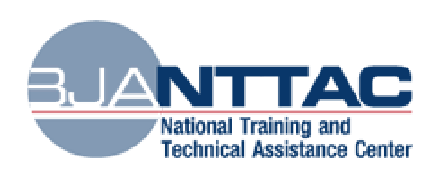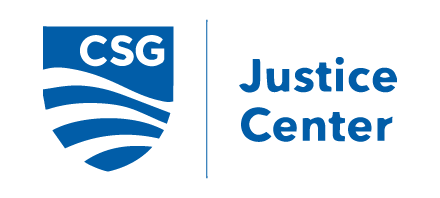- May 2016
- National Center for State Courts and the Council of State Governments Justice Center
Transforming Systems > Court-Based Interventions > Mental Health Courts
Mental health courts partner criminal justice system stakeholders with behavioral health to divert eligible offenders into a judicially supervised program which includes community-based treatment. Mental health courts include a team of court staff and mental health professionals that work together to screen and assess defendants, develop treatment plans and supervise offenders. These courts offer defendants the opportunity to avoid incarceration by complying with community supervision and mandated treatment. Although there are differences across jurisdictions, the majority of mental health courts share the following characteristics:
Below is a list of funding opportunities that have been previously available from federal and private funding sources. Please note that although the funding deadlines may have passed, they can still be reviewed and considered for future planning purposes. You can check back often on the Announcements page for current funding opportunities as they are announced.
Many federal agencies and other partners offer assistance, in addition to grant funding, to jurisdictions, agencies and stakeholders to address training needs or the need for subject matter expertise to address local issues or challenges. Through these resources, you can access recent publications, tools, often request one-on-one remote or offsite assistance. Examples of assistance can include time with trainings, consulting time with subject matter experts, and/or opportunities for connecting with peers doing similar work.

BJA NTTAC offers training and technical assistance services to state, local, and tribal justice agencies at no cost. BJA NTTAC can assist prosecutors’ offices, police departments, city and county commissioners, and corrections departments. The goal is to provide these agencies with the resources to reduce violent and drug-related crime, support law enforcement, and combat victimization. You can request assistance here.

The Center for Justice and Mental Health Partnerships is funded by the Bureau of Justice Assistance to provide technical assistance to jurisdictions seeking to improve outcomes for individuals with mental health and co-occurring substance use conditions involved in the criminal justice system. Training and technical assistance is offered to support the implementation and enhancement of mental health courts.